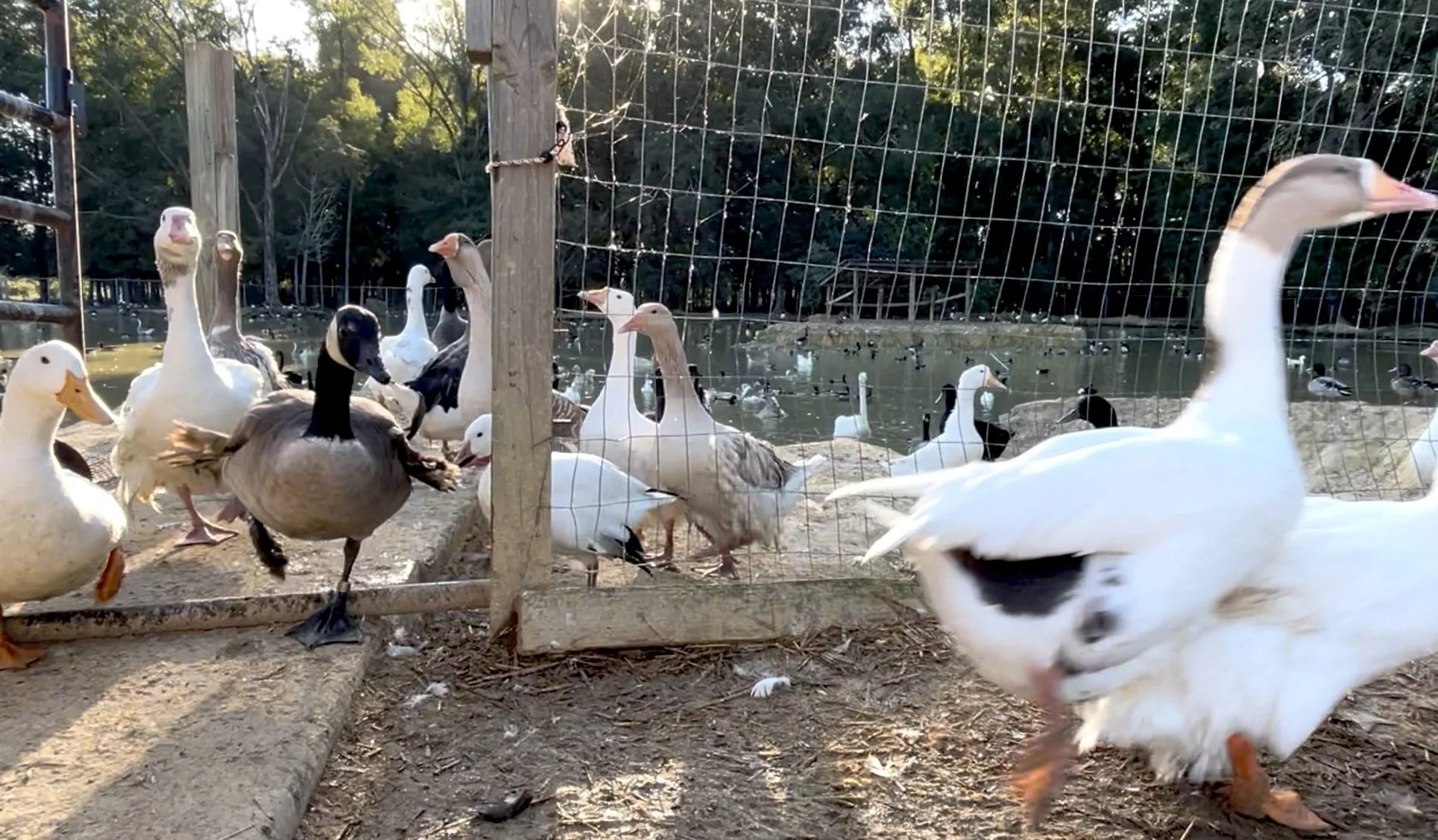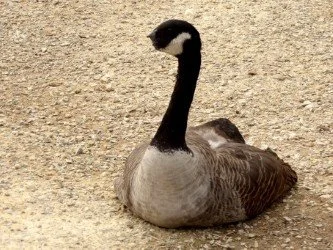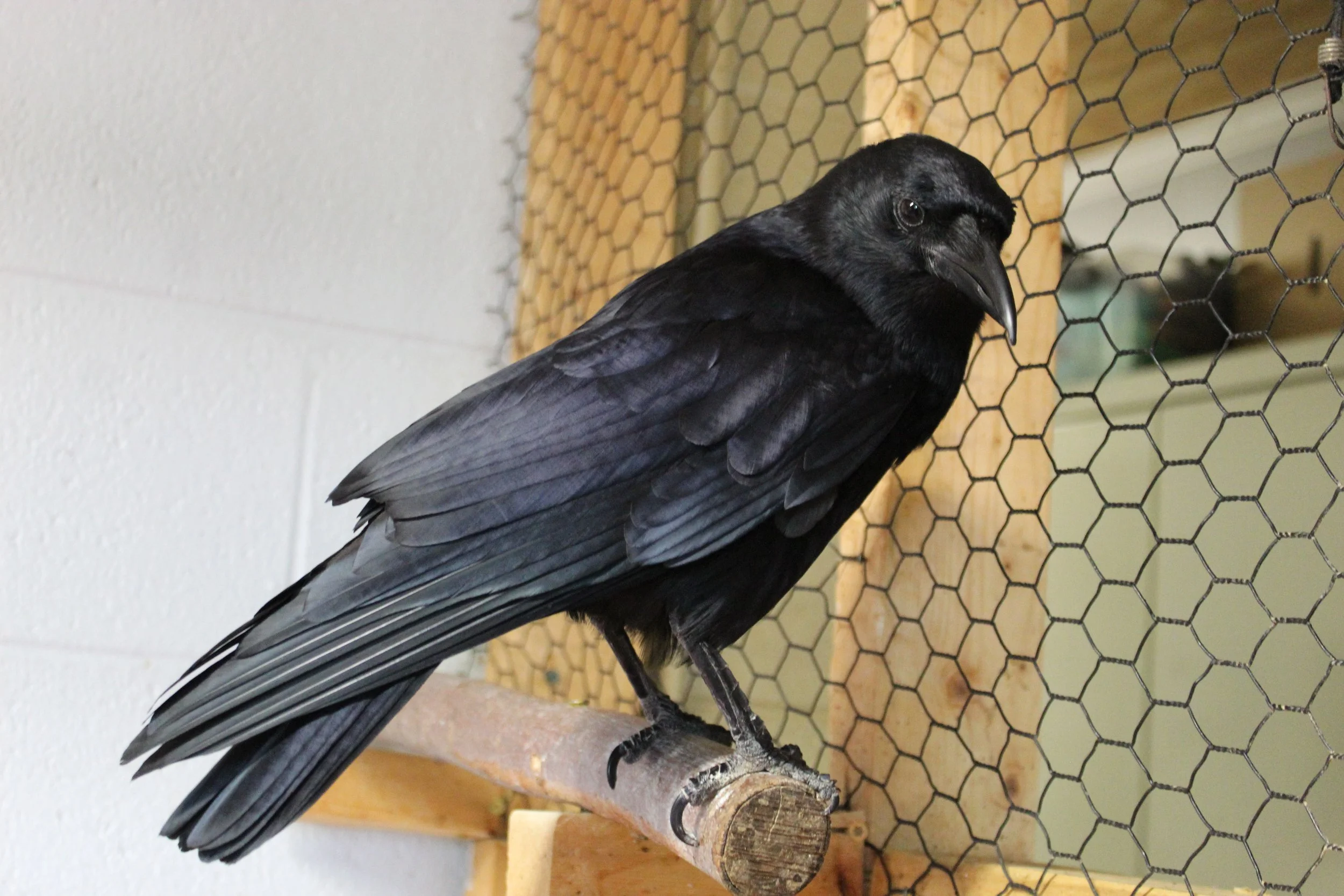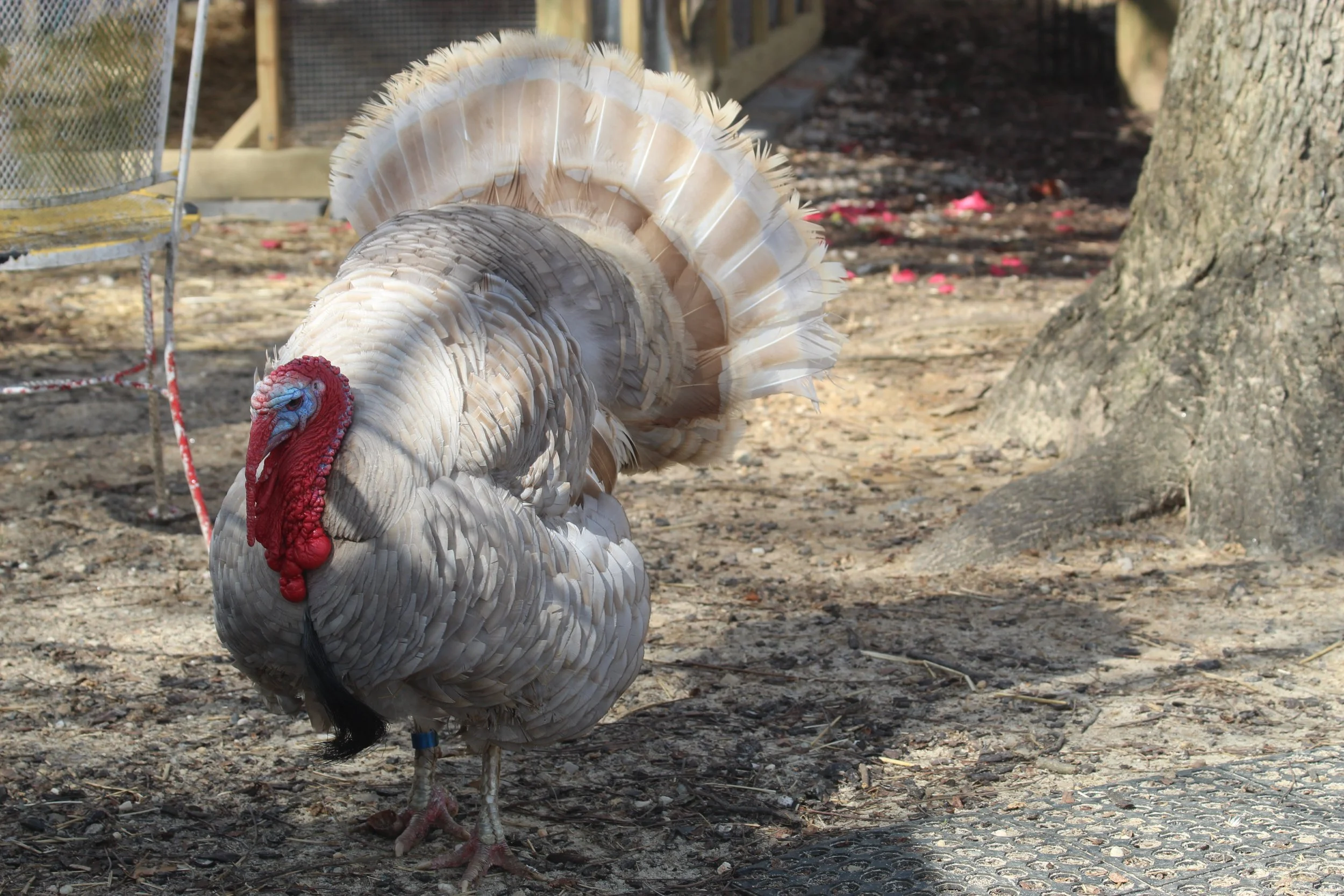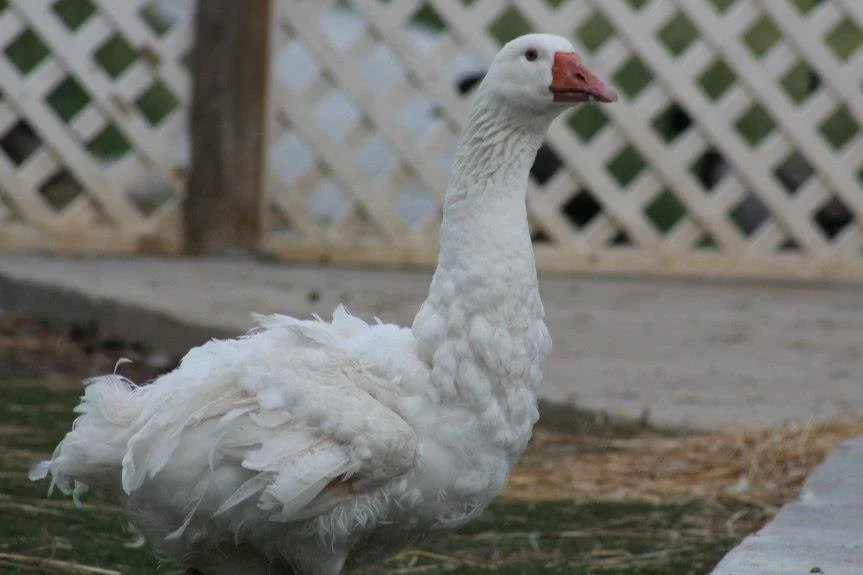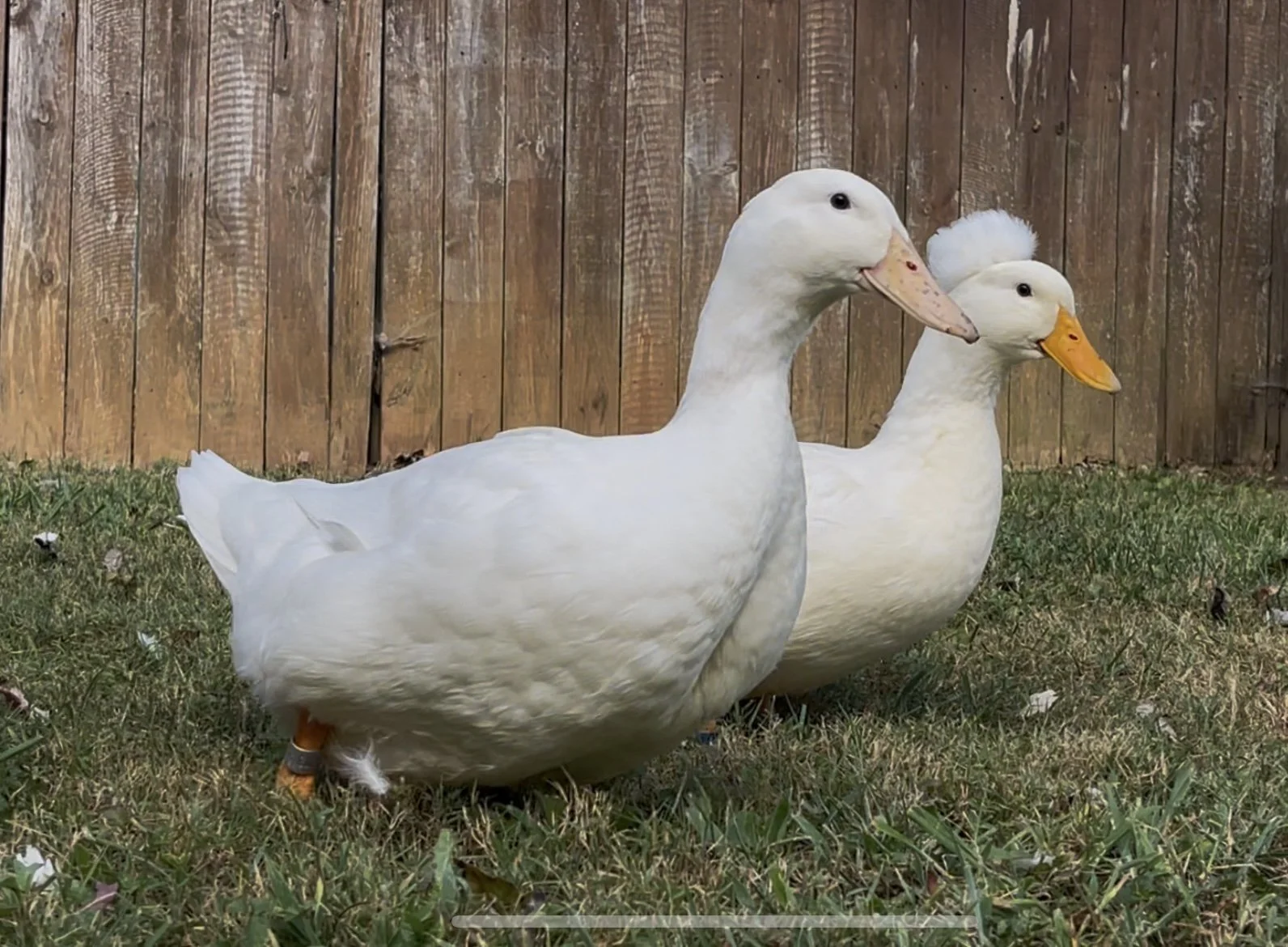SANCTUARY RESIDENTS & AMBASSADORS
The wild species you see here are not pets. They have been deemed non-releasable—meaning they cannot safely return to the wild due to medical or physical conditions that would prevent survival. Under the care of our veterinary team, these animals have found a permanent home at CWR. They live on spacious, protected properties designed to provide a safe environment, natural enrichment, and supplemental feeding as needed.
CHICKENS
AMY
MISS KITTY
BIG MAMA
MISS SUSIE
EMMA
TERESA
GLADYS
ZEKE
HELGA
JILL
CROWS
ACE
ECHO
EDGAR
MICKEY
PINK
DOVE
PETIT AMI
DUCKS
DANDY
GILLIGAN
SPROUT
DONKEYS
eDDIE
SEBASTIAN
ZIP
EMUS
DINO
KIWI
XX
XX
GEESE
ANUBIS
BABY FACE
BAO
BEAR
BELLA
BISCUIT
BUDDY
CAPTAIN
CASPER
CORDELIA
CURLY SUE
DAMIEN
DIMITRY
EYEBROWS
GRACIE
GRAVY
HARDY
JANET
LIEUTENANT
LOUIE
MERINGUE
MR. GREGG
MISO
MR. SEB
JULIETTE
OPHELIA
POCKY
ROMEO
RUTHIE
SHAKESPEARE
SUNNY
TONKA
TULIP
TULA
TUNDRA
VANESSA
WASABI
PEACOCKS
PIEBALD
XX
REPTILES
BEETLEJUICE
ATHENA
SHEEP
LAMBERT
OLIVE
STANLEY
VIVIAN
SWANS
DIABLO
FIERRO
GOMEZ
MORTICIA
VINCENT
WHOOP WHOOP
TURKEY
JONAS
Animal Residents
A Note on Animal Residents…
We get many requests for visits or to present educational programs with an animal ambassador. This is a good time to share some information about CWR’s Resident Program, as it pertains to educational animals!
Any wild species that you see listed above is not a pet. They are animals determined by our vet to be non-releasable. An animal may be deemed non-releasable because of a medical or physical disability that would hinder survival in the wild. CWR utilizes several large properties where the environment is safe for non-releasable wildlife to live and they can receive supplemental feeding as needed.
It is illegal for any person, other than a state appointed rehabilitator, to care for injured wildlife. A federal Migratory Bird Permit is required to keep/house non-releasable avian wildlife. This is a lengthy and expensive process that takes time, money, and patience. To obtain a permit from U.S. Fish and Wildlife, at least 100 hours of hands-on rehab experience is needed, gained over the course of one year minimum. Permits are renewed annually. CWR takes care to meet federal standards and accommodate animals in a safe and secure environment.


